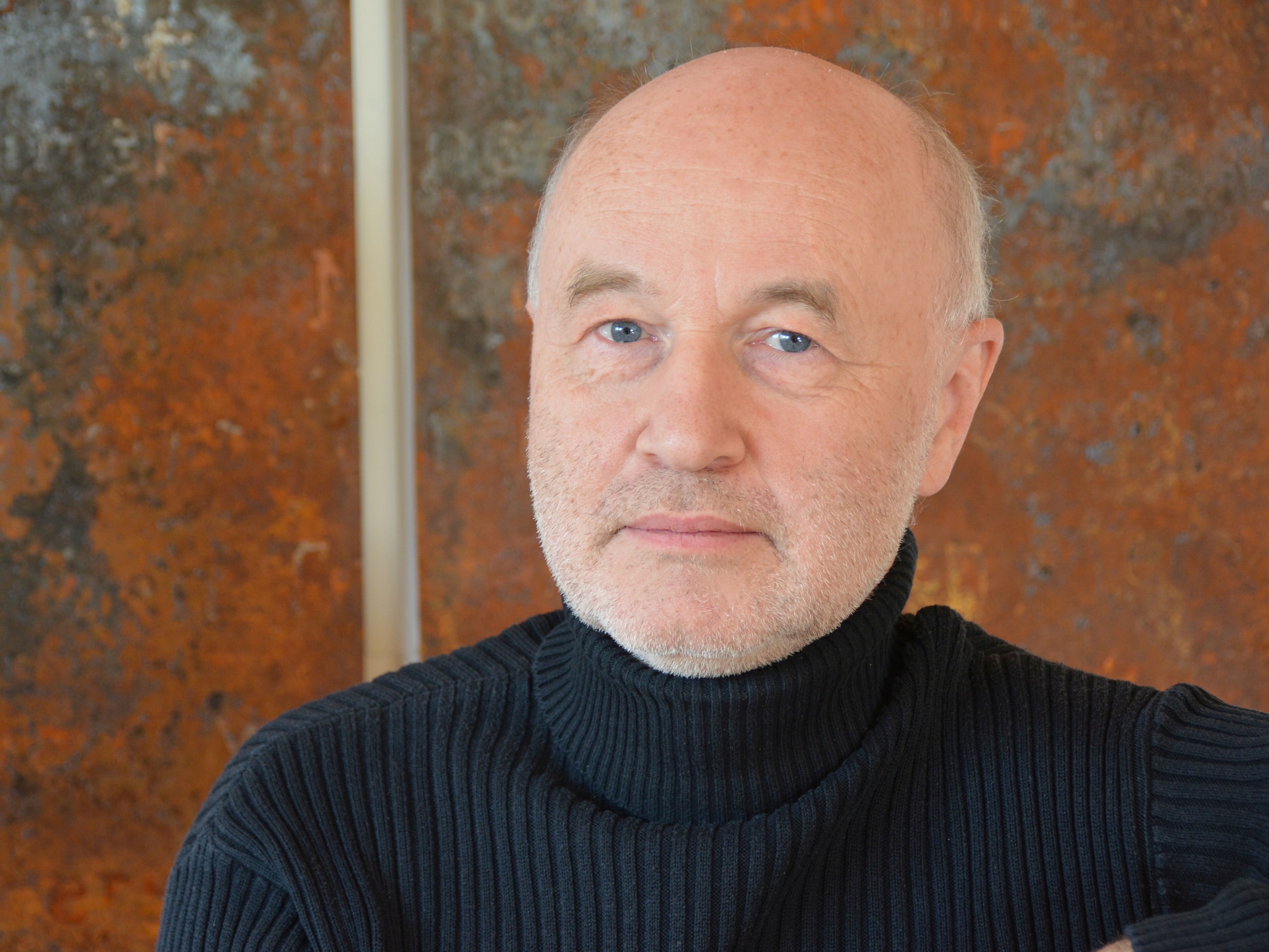The eighteenth century opened the space for an immensely increased dissemination of music in Europe. Musicians traveled the continent, opera companies from Italy and France carried novelties into the world. The printing of music, with centers in Paris, Amsterdam and London, took an unimagined upswing and thus created the preconditions for a phenomenon of international networking that was later to be called the “Classical Period”. If one wants to adequately grasp the specifics of the situation, it is worthwhile to look not only at stakeholders and media of circulation, but also at its geographical, confessional, and social boundaries. Music spread widely, but not equally to all countries in Europe and not equally across all genres.
Martin Eybl is Professor of Music History at the University of Music and Performing Arts Vienna. He was teaching at the University of Vienna (1991 to 2004) and the University of Chicago (2012). He is chief editor of the edition series Denkmäler der Tonkunst in Österreich (founded in 1893) and Alban Berg’s Collected Works. His Research is focused on aesthetics and music theory in early 20th century, music editions, and musical practices in Vienna in the era of Enlightenment. He recently published a book on Central European music collectors: Sammler*innen. Musikalische Öffentlichkeit und ständische Identität, Wien 1740–1810 (2022).
Moderation: Professorin Dr. Gesa zur Nieden, Dr. Berthold Over
-------
Organizational information
The Alfried Krupp Wissenschaftskolleg is offering this event live as a zoom meeting in which viewers can participate in writing via chat.
- We would be pleased if you provided your clear name when dialing into Zoom. Of course, you can also take part in the event under a pseudonym.
- A list of all participants can be viewed by all those involved throughout the event.
- During the lecture, the microphones of the spectators are all automatically muted so that no disturbing background noise is generated. You are welcome to turn on the camera of the spectators during the lecture.
- During the entire event, requests to speak or questions can be asked in writing in the chat.
Recording of the digital lecture
The digital lecture will be recorded for use in the college's media library. Only the speaker, his/her presentation and the moderator will be heard or seen in the recording. Video, audio or chat contributions are not recorded. A "REC" sign at the edge of the picture informs the participants.

